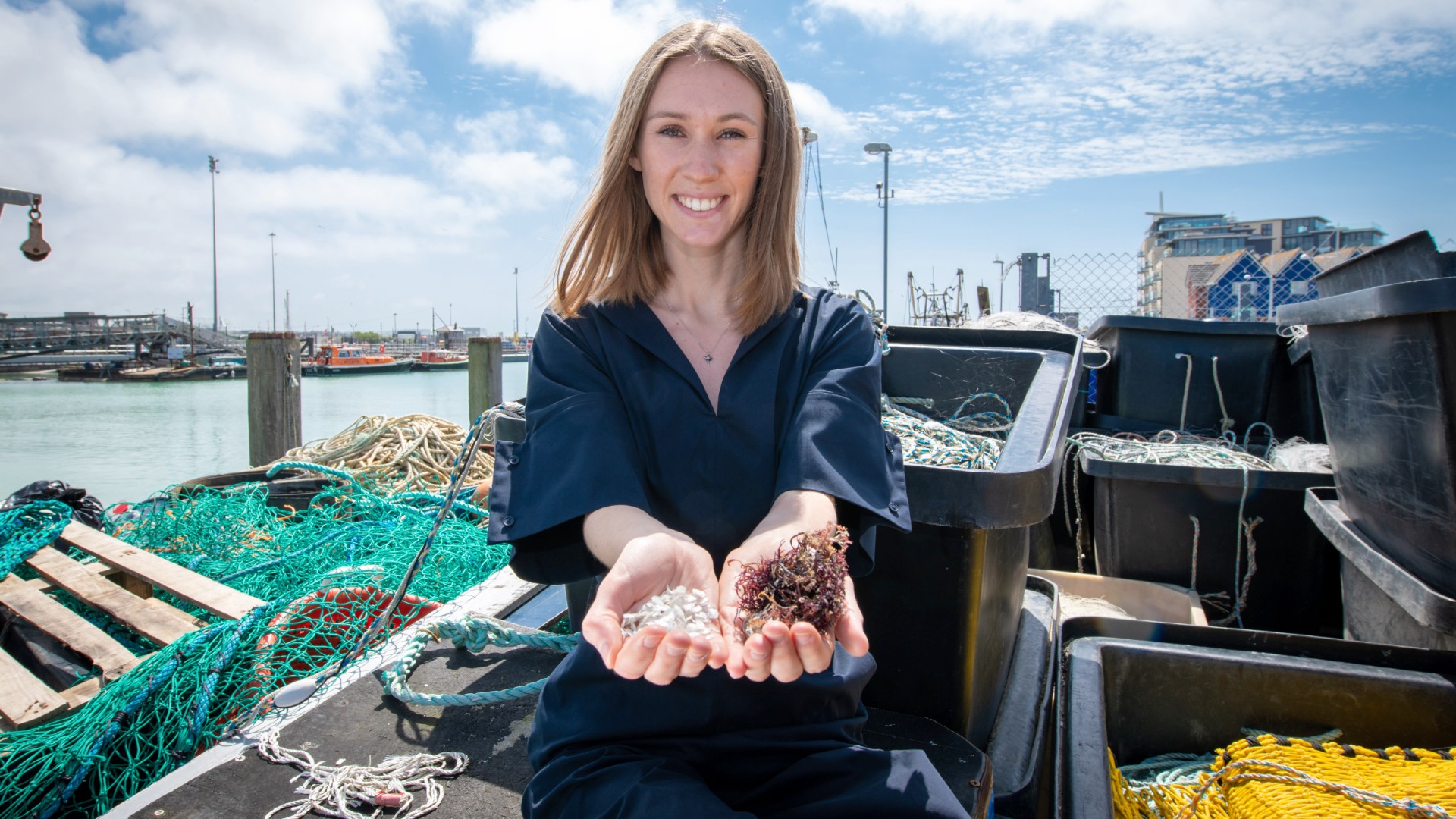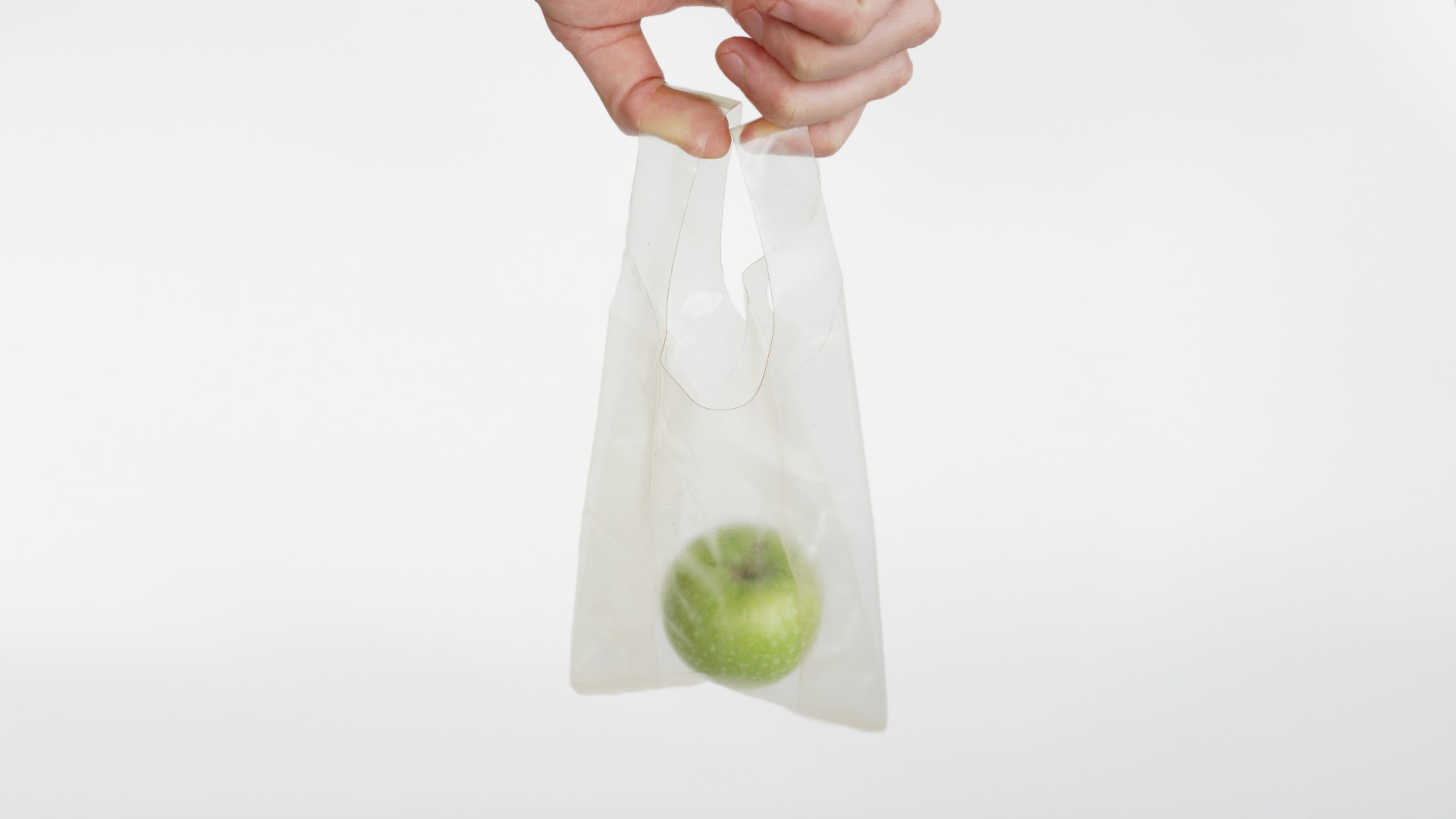Dyson Award won by plastic bags made from dead fish
This idea has bags of potential

Sign up for breaking news, reviews, opinion, top tech deals, and more.
You are now subscribed
Your newsletter sign-up was successful
Do you feel guilty every time you buy a plastic bag? How would you feel if that plastic bag was made from dead fish?
That could soon be the reality according to Dyson, who crowned MarinaTex, a bioplastic made from "fish offcuts", its coveted James Dyson Award.
- Read our Dyson V11 review
- The best cheap Dyson vacuum sales
- Need a new do? Check out our Dyson AirWrap Styler review
Designed by student Lucy Hughes, MarinaTex is made of a mixture of "organic fish waste ordinarily destined for landfill or incineration," and locally sourced red algae.
The result is a "translucent and flexible sheet material", which makes it ideal for single-use packaging – like grocery bags and perishable food containers.

Something's fishy
With 492,020 tonnes of fish waste produced in the UK annually, MarinaTex could prove to be an eco-friendly and lucrative way of using up by-products that would otherwise be headed straight to the landfill.
Hughes and MarinaTex will now go through to the international round of the competition, for a chance to win £30,000 – as well as £5000 for her university department.
Should Hughes succeed in brining the innovative bioplastic to the market, it could reduce the five million tonnes of plastic we use in the UK every year – whether consumers will feel squeamish about packing their food into bags made from fish guts remains to be seen.
Sign up for breaking news, reviews, opinion, top tech deals, and more.
It also raises questions about whether people who avoid using animal products will be happy to use this particular bioplastic; still if it proves an effective solution to the plastic problem, it might be enough to sway even the staunchest vegans among us.

Olivia was previously TechRadar's Senior Editor - Home Entertainment, covering everything from headphones to TVs. Based in London, she's a popular music graduate who worked in the music industry before finding her calling in journalism. She's previously been interviewed on BBC Radio 5 Live on the subject of multi-room audio, chaired panel discussions on diversity in music festival lineups, and her bylines include T3, Stereoboard, What to Watch, Top Ten Reviews, Creative Bloq, and Croco Magazine. Olivia now has a career in PR.